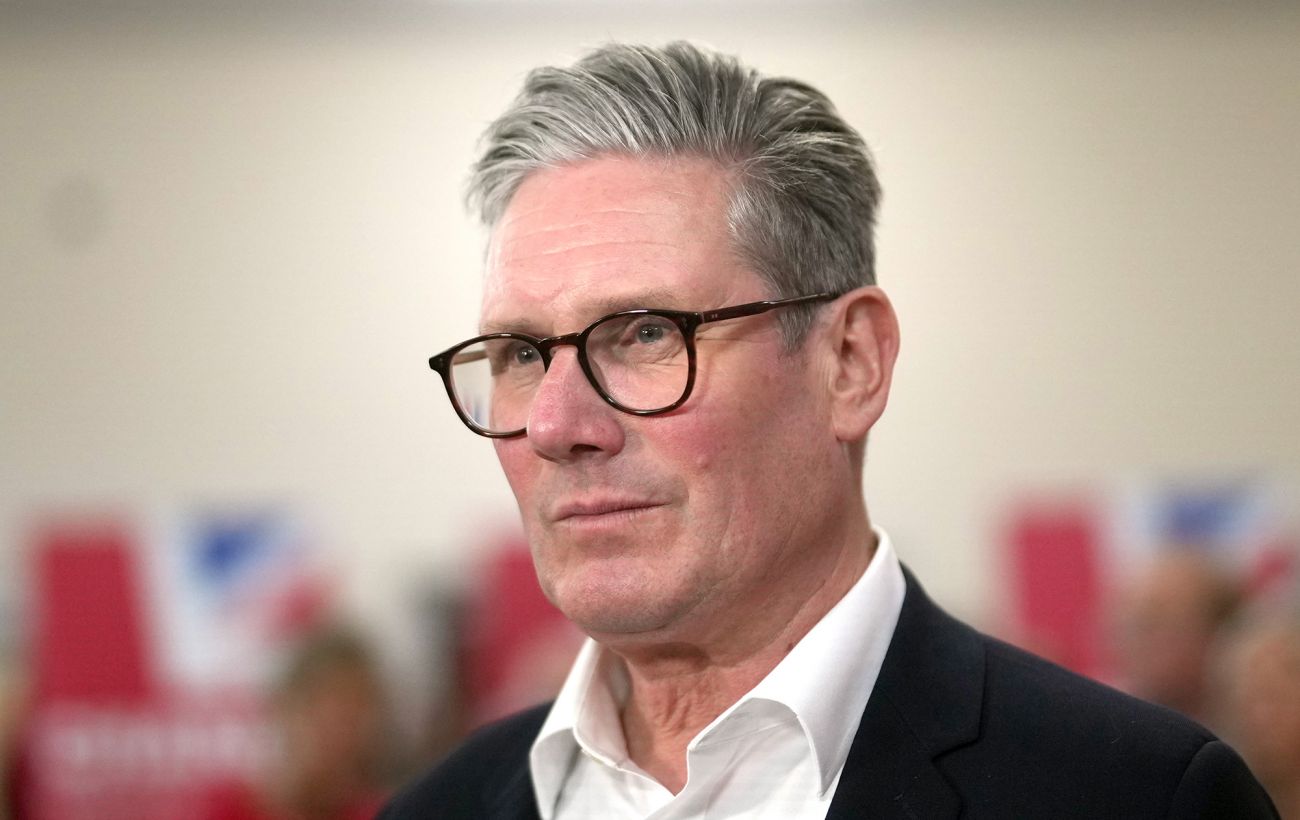“It is up to Chancellor Scholz to decide who he will talk to. I do not intend to talk to Putin,” said the prime minister.
He noted that the world is approaching the thousandth day of the war in Ukraine and noted that the deployment of North Korean troops in Ukraine “shows Russia’s desperation” and noted that “this has serious consequences for European security”.
For this reason, he asked world leaders to “redouble our efforts to strengthen our support for Ukraine,” which he called “the top of my agenda” at the G20 summit.
Note that Starmer is heading to Rio de Janeiro, Brazil, for the G20 summit.
Conversation between Scholz and Putin
Let’s remember that on November 15, German Chancellor Olaf Scholz had a telephone conversation with Russian dictator Vladimir Putin. These were the first such negotiations in two years.
We reported that the former Foreign Minister of Ukraine, Dmitry Kuleba, said that before calling Putin on the phone, Scholz discussed this with the President of Ukraine Vladimir Zelensky.
However, Zelensky then spoke negatively about this idea.
More information about this conversation and what results Scholz achieved “by calling Putin” can be found in the article RBC-Ukraine.
Read urgent and important messages about Russia’s war against Ukraine on the channel RBC-Ukraine on Telegram.
#British #Prime #Minister #plans #talk #Putin
2024-11-17 19:51:00
What are the potential ramifications of Russia’s alliance with North Korea for the ongoing conflict in Ukraine and global security?
World-Today-News: Welcome to World-Today-News, Mr. Scholz and Mr. Putin. It’s an honor to have you both here with us today. We have some important questions we’d like to discuss regarding recent events and the ongoing conflict in Ukraine. To begin with, Mr. Scholz, you recently stated that you have no intention of talking to Russian President Putin. Can you explain your reasoning behind this decision? How do you believe this will impact Germany’s relationship with Russia going forward?
Scholz: Thank you for having me. As we approach the thousandth day of this terrible war in Ukraine, it’s clear that Russia has failed in its attempts to achieve its objectives on the battlefield. I believe it’s crucial for the international community to send a strong message that these actions are unacceptable and that we must support Ukraine in their defense against aggression. Talking to President Putin at this time would send the wrong message and potentially undermine our collective efforts. However, I remain open to dialogue when the time is right and when it can lead to concrete outcomes for peace negotiations.
Putin: May I add to that, Chancellor Scholz? I believe every leader should be open to dialogue when it serves the interests of their country and the international community. However, I understand his position given the current circumstances. Our relationship cannot be business as usual until Russia’s demands – which include the withdrawal of foreign troops from Ukraine and assurances for its security – are met. We must look for ways to resolve this crisis peacefully, but that requires a constructive dialogue between all parties involved.
World-Today-News: Absolutely, thank you for sharing your perspective, President Putin. Moving on to another topic, the recent deployment of North Korean troops by Russia has been a source of concern for many. What do you make of this development? And how does it impact the wider conflict in Ukraine and European security?
Scholz: The deployment of North Korean troops is a clear sign of desperation from Russia. It shows that they are struggling to find enough allies and partners in their war effort. This action has serious consequences for European security and must not go unnoticed by the international community. As we approach the G20 summit, it’s crucial that


